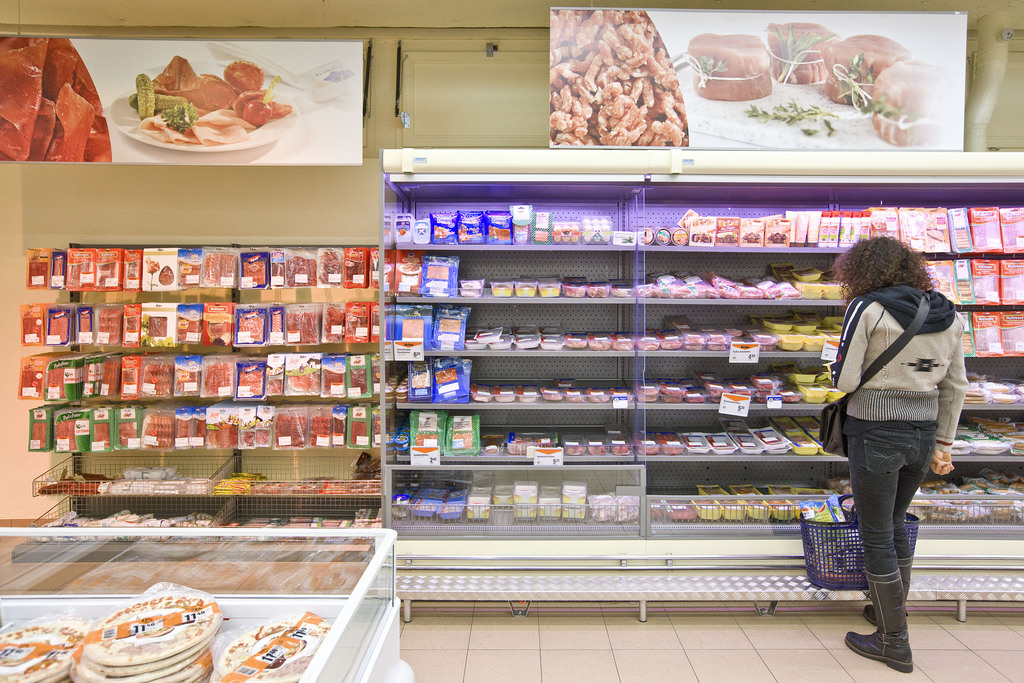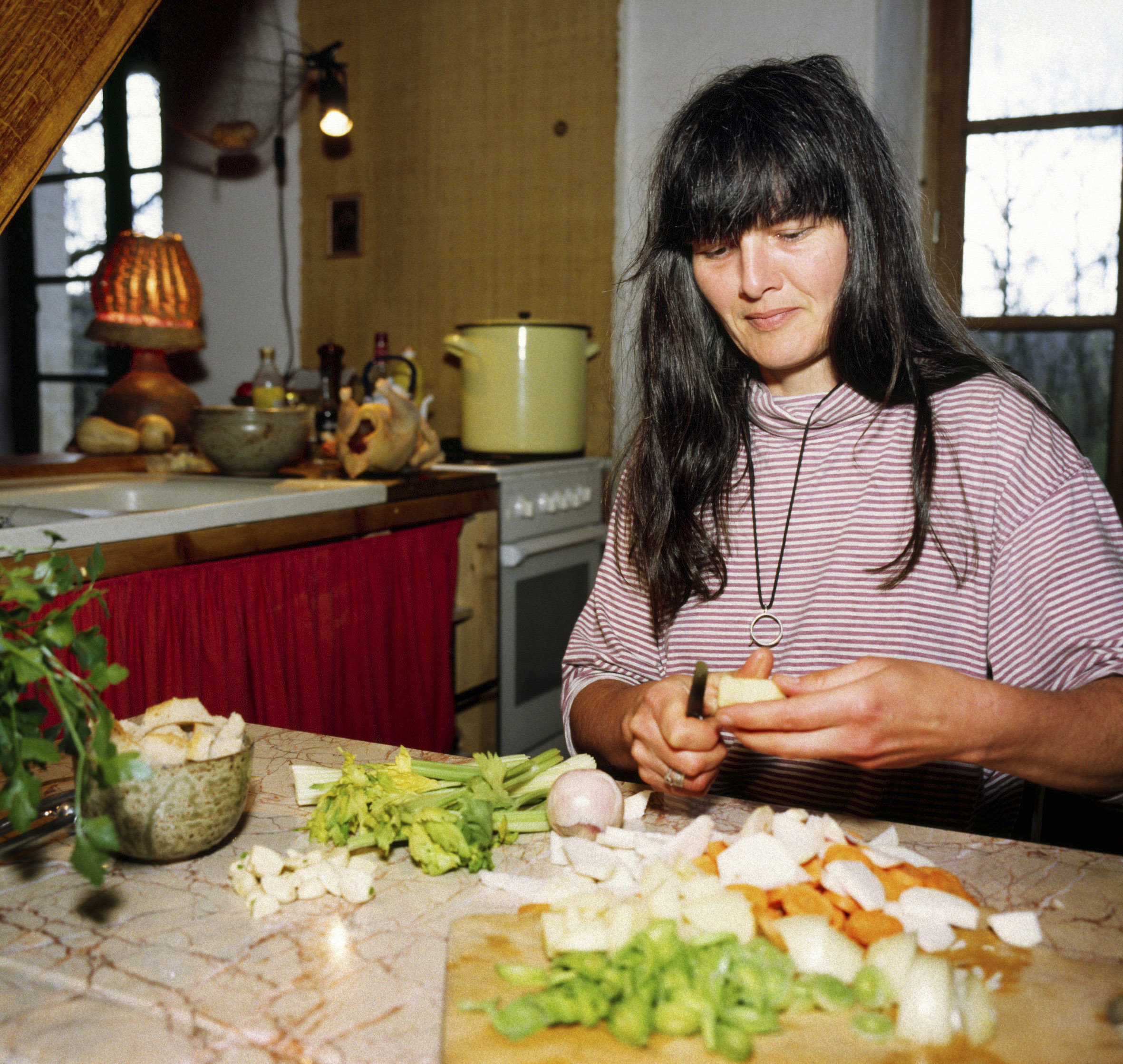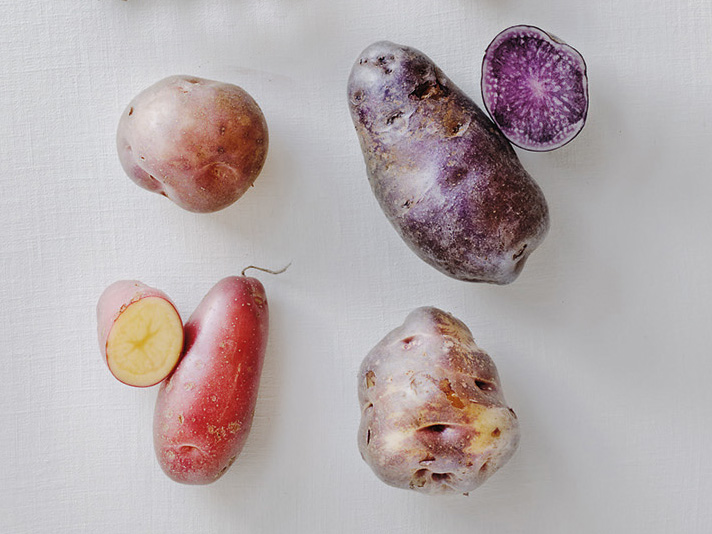Horsemeat scandal raises ante on food labelling

Fading interest in where food comes from has been jolted by the discovery of horse in beef lasagne throughout Europe. swissinfo.ch gets out its magnifying glass and examines packaging's small print on Swiss fare.
Deep freezers in Swiss supermarkets offer a wide range of popular dishes such as lasagne al forno, lasagne verdi and lasagne Bolognese – all labelled as containing beef.
Since February, however, when tests revealed horse in such products around Europe in varying amounts, the Swiss have been asking themselves what exactly is in the processed food they eat – and where exactly its raw ingredients come from.
Switzerland’s largest retailer, Migros, has not been affected by the scandal – unlike rival Coop, which pulled various products, including lasagne.
Nevertheless, Migros’ cheapest variety sold – the “M-Budget” lasagne – provides little detail on the provenance of the ingredients. A search of the label for the origins of the “minced and cooked beef” placed in “dough with beef stuffing” ends in vain.
However, interested or concerned consumers who telephone or email Migros receive an answer: the products are produced by its own industrial company, Bischofzell (Bina), and that the beef in that particular lasagne comes from Germany.
More information is not forthcoming. “We do not release detailed information about suppliers,” Migros explained.

More
Social change stirs emotions in the kitchen
Safety checks
The cantonal laboratory of Thurgau is responsible for food inspection, including at Bina and about 3,000 other firms.
“I know where the ingredients come from, but I can’t give details out on specific products for reasons of confidentiality,” cantonal chemist Christoph Spinner told swissinfo.ch.
This is also to protect sensitive business information such as recipes, which are not meant for public disclosure.
Spinner emphasised that, legally, the companies bear responsibility for their products. Following the horsemeat revelations, his team performed random tests on firms that produce or handle potentially questionable products.
Thanks to the Rapid Alert System for Food and Feed (RASFF) of the European Union, relevant information from authorities in other European governments is available relatively fast.
“We wanted to know pretty much everything about food that contained beef,” Spinner said.
Among other things, the authorities inspected the flow of goods and the traceability of raw materials. Where these originate is a central question, he explained, because “food controls function according to the risk principle: the higher the risk, the more intensively we look”.
The authorities declined to say which countries or firms are considered high-risk. Bina, the producer of the M-Budget lasagne, was similarly tight-lipped.
All Migros lasagne products use Swiss beef except for the M-Budget variant, which uses European Union beef. A DNA analysis confirmed that the M-Budget line was 100 per cent beef, as were their other products. In fact, Migros specifications for their suppliers are in many respects stricter than what is required by law.

More
The culinary heritage of the Alps
Processed foods
Declaration requirements in Switzerland are stricter compared with other EU countries. In order that home-grown products are not disadvantaged in competition with the EU, the government has drafted new food legislation that makes exceptions for labelling requirements on processed food products.
The proposal of the preparatory Committees for Social Security and Health addresses the main problem, said Thomas de Courten, a committee member and parliamentarian for the rightwing Swiss People’s Party.
This is that, on the one hand, it’s clear what the food consists of and, on the other, that the declaration requirement is sensibly implemented and not unnecessarily bureaucratic or cumbersome.
Politicians may well disagree on the question of what is sensible. For pro-business de Courten, extending the declaration of origins requirement to the ingredients in processed food is going too far.
He said he would not hesitate to eat a Migros lasagne bolognese lacking information on the provenance of the beef.
“I don’t really see any point in knowing if the beef comes from Germany, France, Belgium or Switzerland. The important thing is that it’s beef, not horse,” he said. Even if the meat were from China, he said – after a moment of hesitation – it wouldn’t influence his purchase choice.
Article 12 of the labelling and the declaration of origin requirements of the proposed new food legislation will be debated in parliament.
Whoever puts pre-packaged products on the market must declare the country of production, the product designation and the ingredients.
In the case of processed products, the cabinet can authorise exceptions to the requirement to specify the country of production and ingredients.
The Committees for Social Security and Health of the House of Representatives has defined the exception as follows: the cabinet may exempt certain food groups from this obligation. It may also decide whether instead of a country of production, a geographic area such as the European Union may be declared.
“Decisive”
But the horsemeat scandal has given fresh wind to those who want a consistent, detailed declaration of origin label that also includes the ingredients in processed food products.
Among those supporting higher standards are Yvonne Gilli, a doctor and Green Party parliamentarian who said she would not buy a ready-made budget lasagne.
“The origin of food is decisive for me,” she said. “I buy local products almost exclusively and buy meat directly from the farmer.”
An easing of the declaration of origin for food is also not in the interest of local farmers, she maintained, not least because Switzerland has stricter animal husbandry regulations compared with other countries.
“That was made apparent in the horsemeat scandal,” she said.
(Adapted from German by Kathleen Peters)

In compliance with the JTI standards
More: SWI swissinfo.ch certified by the Journalism Trust Initiative

You can find an overview of ongoing debates with our journalists here. Please join us!
If you want to start a conversation about a topic raised in this article or want to report factual errors, email us at english@swissinfo.ch.